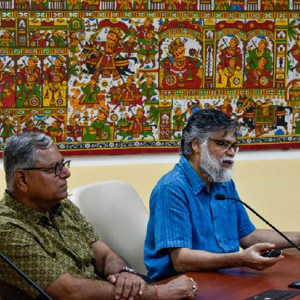
Launch of NU Astronomy Club - NU Astrea with inaugural talk by Prof Patrick Das Gupta
The club began its activities with an Inaugural Talk by Prof Patrick Das Gupta who is has a PhD in Observational Cosmology from TIFR, Mumbai. Given below is a brief report by the club.
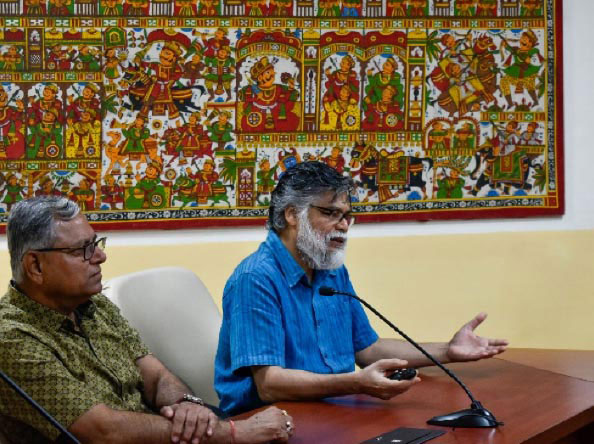
To mark the start of World Space Week, NU Astrea, NU’s astronomy club, invited one of the revered minds of astronomy, Dr Patrick Das Gupta, to interact with students and shed light on some of the baffling mysteries of the universe.
During this two-hour long event, the DU professor and member of the renowned IUCAA discussed the theories, experiments and observations that helped make strides in astronomy, and how they could possibly chart the path for further space exploration. Starting from the very birth of astronomy and the contributions of ancient scholars, such as the Crab Supernova, he explained how Kepler’s laws revolutionised not just astronomy, but also provided the basis for Newton’s laws of physics. He then delved deeper into topics such as shaping of galaxies, superclusters, blackholes, radio jets and their emission, magnetars and the origins of the mysterious Fast Radio Bursts.
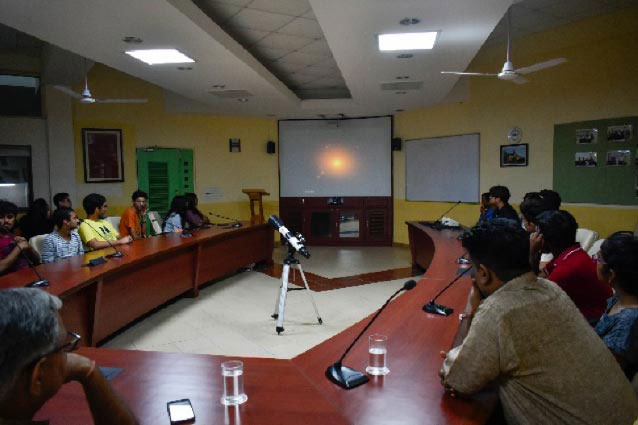
After introducing us to radio imaging and the Chimes and LIGO telescopes, he talked about India’s recent contribution to the field; most notably the TMT project in Hawaii, Chandrayan II and the discovery of the Saraswati Supercluster. According to him, astronomy is a field that requires not just astrophysicists, but also engineers (who pioneered radio telescopes) and computer scientists (machine learning and big data experts for the identification and analysis of stars) and urged students to consider it as a career path.
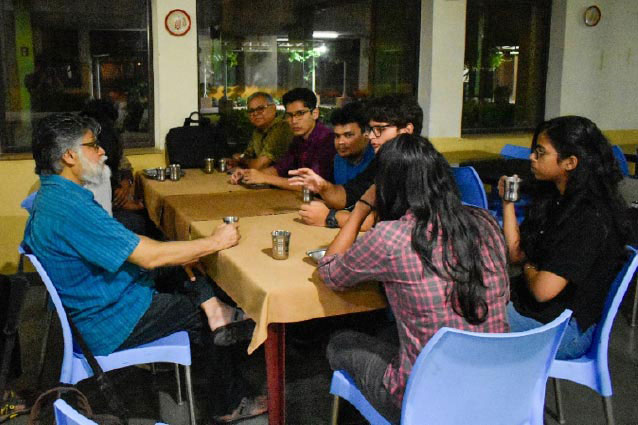
After the talk, Dr Gupta stayed back for an informal interaction over tea with select members of Astrea, to discuss astronomy and our role as an individual in mankind’s journey across the cosmos.
